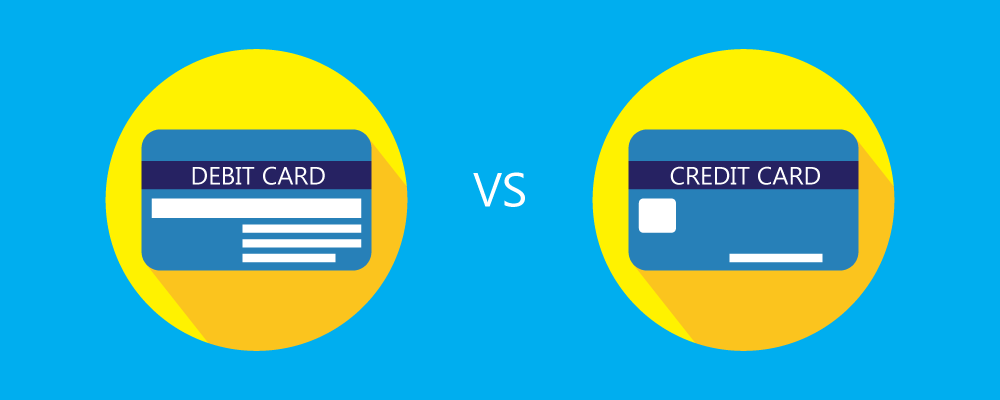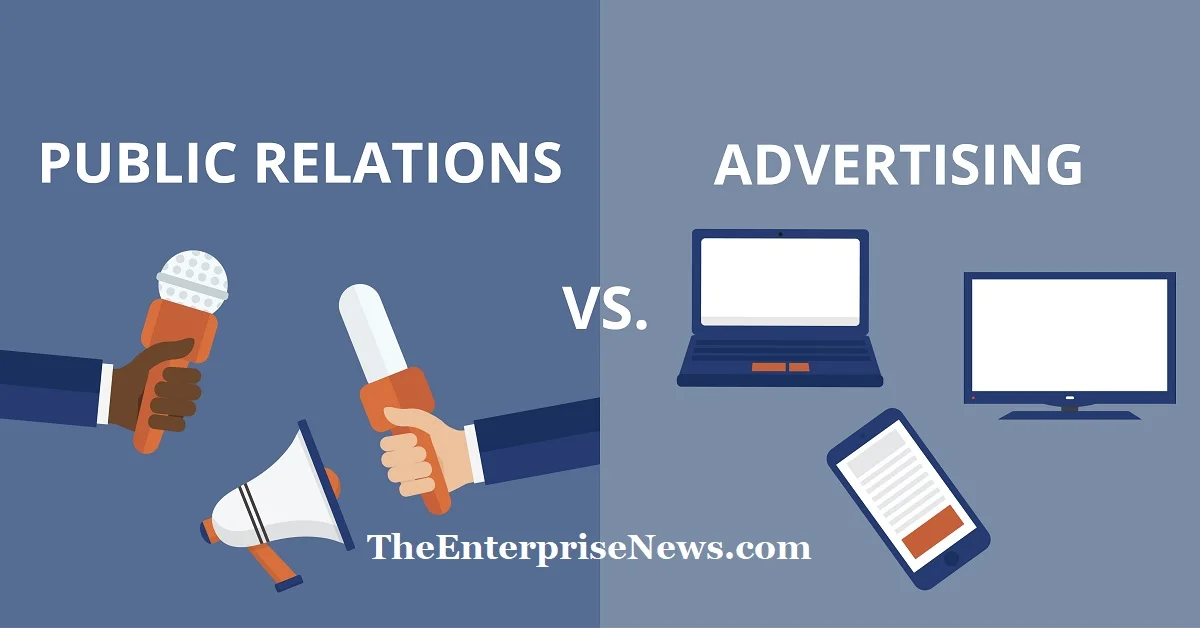The two most commonly used payment methods daily are credit and debit cards. They both allow you to buy things offline and online without using cash, but they differ in many ways. Credit cards will enable you to borrow money to make any purchase, while debit cards are linked to your bank accounts and use the money that you have. In this blog, we will understand credit card and debit card difference entirely to make informed decisions about which payment to use in the future.
What Is A Credit Card?
A credit card is a card that allows you to make purchases and defer payment to a later date, often provided by a bank. These bank credit cards are a form of instant credit that usually has a recurring credit agreement with a credit limit according to your financial history and CIBIL score. They can be used domestically or internationally for purchases of goods and services, subject to the card enabled for international transactions. When you use a credit card, you have to return the amount due at the end of each month without any fees or charges, but if you delay the repayment, you will have to pay interest on the outstanding amount.
What Is A Debit Card?
A debit card is a card that allows you to make payments or pay bills without using cash. The money you use to pay for the transaction is deducted from your bank account that is linked to the card. This will limit the number of transactions you make since the amount that will deduct must be available in your account. With a debit card, you can withdraw cash from an ATM.
Differences Between Credit Cards and Debit Cards
Now that we have understood the meaning of the function of both the type of cards let us now look at the critical differences between both of these types:
- Credit cards allow you to buy things on credit and pay the amount later. Debit cards are linked to your bank account, meaning the money is out of your account.
- Banks and other approved businesses issue credit cards. Only banks can issue debit cards that are connected to your bank account.
- Credit cards allow you to defer payment for up to 45 days, but you will be charged interest if you don’t pay back on time. Debit cards have no credit period; the amount is immediately deducted from your account.
- To get a credit card, you need to meet specific credit card eligibility criteria. There are no eligibility criteria for debit cards as long as you have a bank account.
- Credit cards allow you to spend more than you have. Debit cards only allow you to spend what you have in your account.
- Credit cards have a certain amount as the maximum limit. The maximum limit for debit cards is the balance in your account.
- Credit card companies offer rewards and cashback for using their cards. Debit cardholders have minimal offers and bonuses.
- Credit cards affect your CIBIL score. Debit cards do not play any role in influencing your credit score.
- Credit card companies pay the vendor on your behalf. You pay for your transaction when you use a debit card.
- Credit card transactions are reflected in a monthly statement. Debit card transactions immediately reflect in your account statement.
Advantages and Disadvantages of Debit Cards and Credit Cards
Given below are the pros and cons of both kinds of cards- it will help you determine which card would be suitable for you.
Debit Cards
Pros
- You only spend the money you have in your account, no loans.
- You don’t have to pay any interest charges to use it.
- You can withdraw money from an ATM.
Cons
- It doesn’t help you build your credit history.
- You don’t earn many rewards.
- You have very little protection against debit card fraud.
Credit Cards
Pros:
- You can build your credit score.
- You can earn rewards.
- You can spend more than you have, up to a specific limit.
Cons:
- You will be charged a high-interest rate if you don’t pay on time.
- There are multiple fees associated with credit cards.
- Missing a payment can hurt your credit score.
Conclusion
In conclusion, both the cards have their distinct advantages and disadvantages. You must now be aware of which card to use and where to use depending on your financial goals, credit history, etc.




